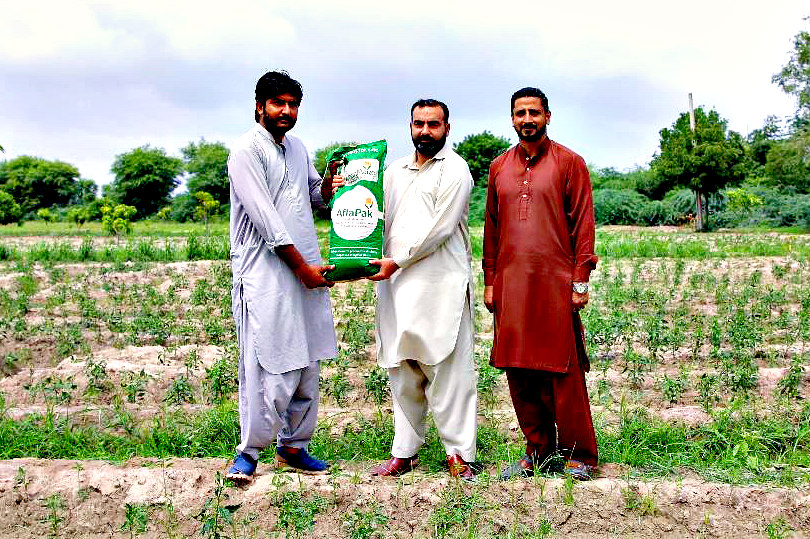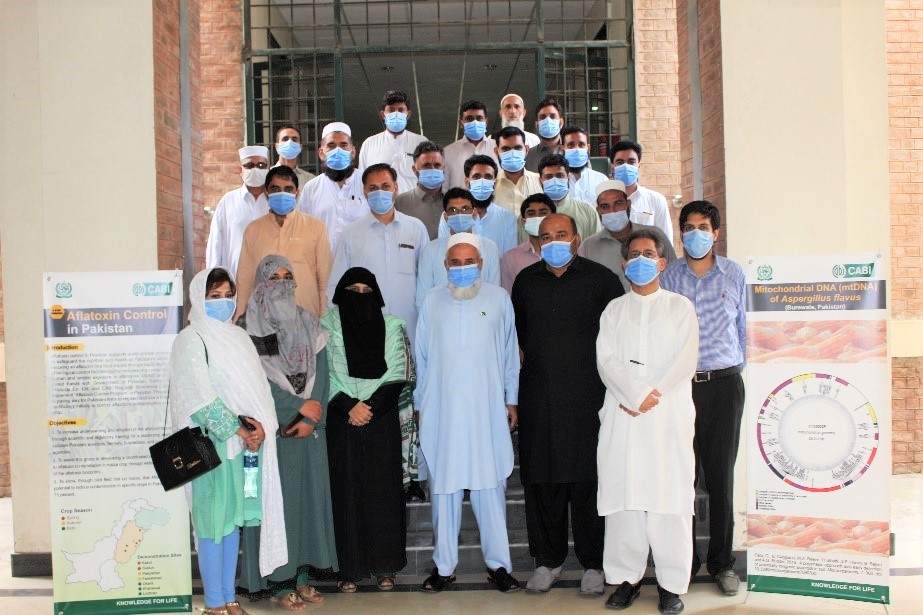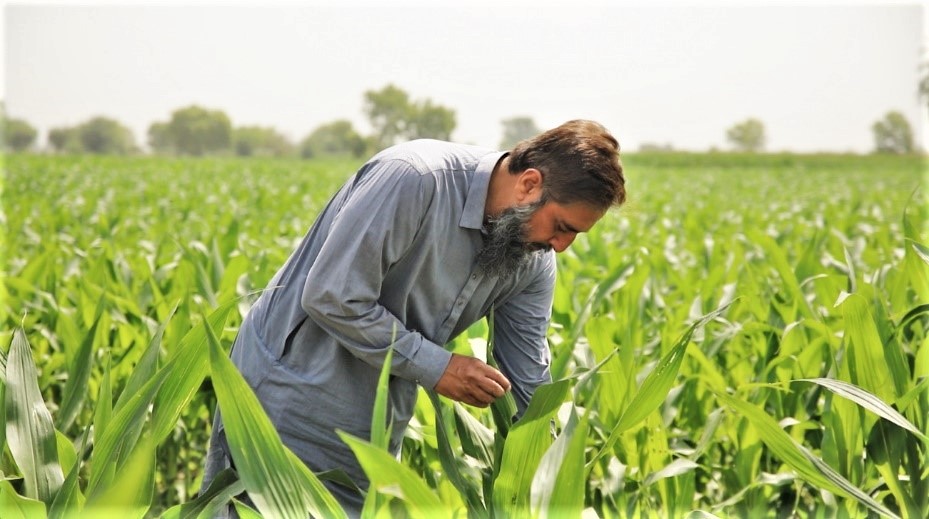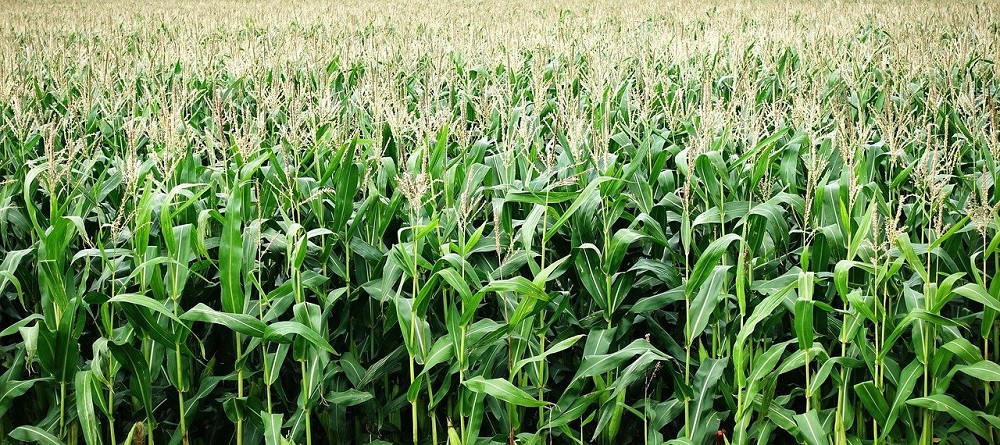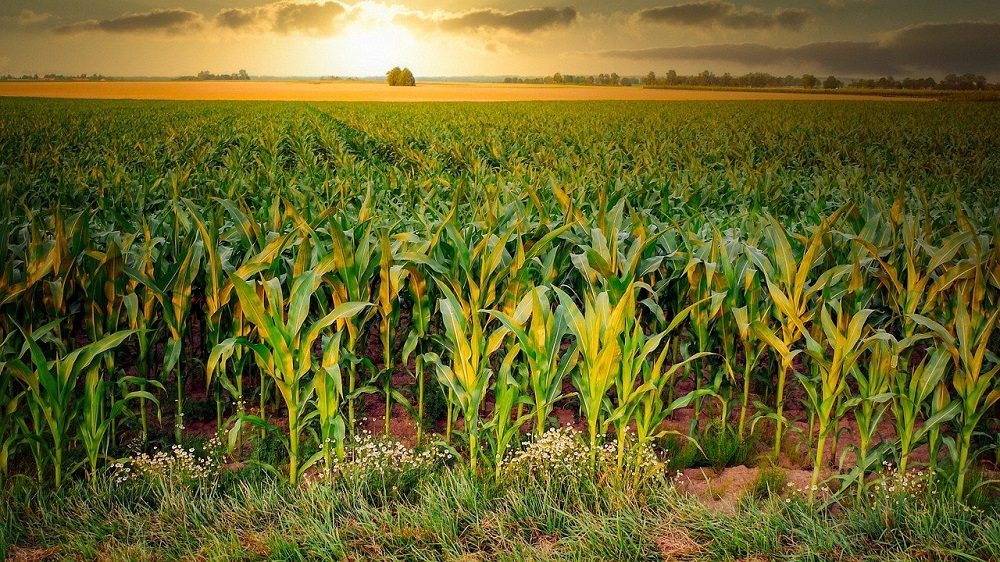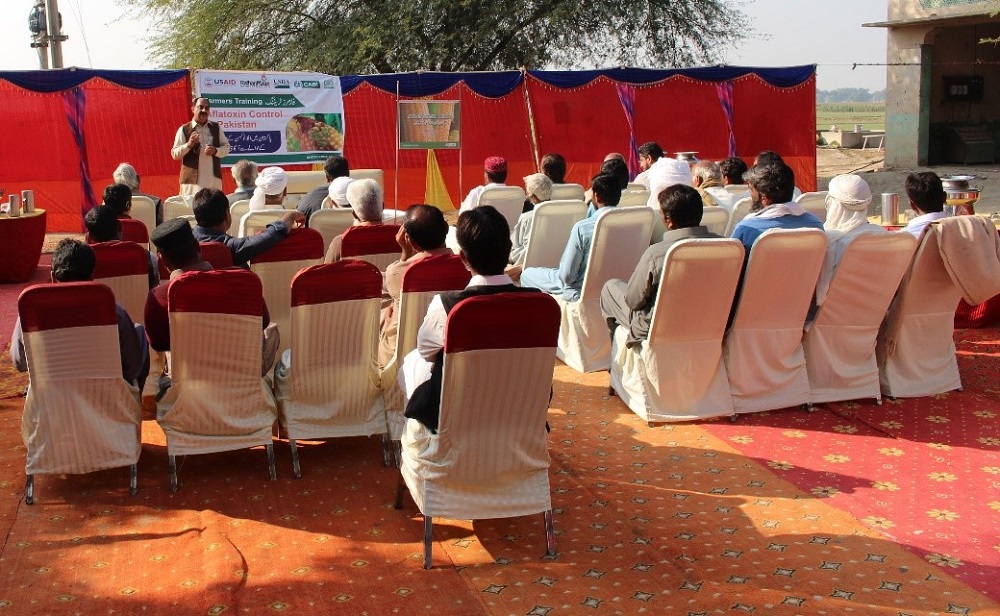CABI Blog
Tag: aflatoxins
You are here: CABI Blog
Revolutionizing crop protection in Pakistan: Registration guidance approved to promote sustainable biopesticides
February 14, 2024
Babar Bajwa, Sabyan Faris Honey
No Comments
To celebrate the longstanding achievement in the crop protection sector of Pakistan, CABI organized a dialogue on ‘Regulatory Harmonization in Pakistan for Maximum Residue Limits and Biopesticides’ in Islamabad, Pakistan. The event saw the approval of biopesticide registration guidance to promote the uptake of safer-to-use and more environmentally friendly biopesticides in the fight against crop…
Biocontrol training in Pakistan helps farmers prevent harmful aflatoxins in chillies
November 9, 2023
Babar Bajwa, Sabyan Faris Honey
1 comment
Pakistan is the world’s fourth-largest producer of chillies. The country accounts for around 4-5% of global chilli production. Sindh province is where 85% of Pakistan’s chillies are grown, making it one of the biggest chilli-producing regions worldwide. The province is well-known for the town of Kunri, home of the world-famous Dundicut red chillies. But here,…
Sowing the seeds of women’s leadership in researching Pakistan’s chilli sector
March 2, 2023
Babar Bajwa, Sabyan Faris Honey
1 comment
Over the past decade, there has been a global shift in the inclusiveness of women in varied fields including all levels of science, technology, engineering and mathematics (STEM) disciplines.
Fields trials on biological control of aflatoxins on red chilies to ensure safer crops
September 28, 2022
Babar Bajwa, Sabyan Faris Honey
No Comments
CABI in Pakistan is leading a project to help provide a biological control solution for combatting aflatoxin issues prevailing in red chillies grown in Sindh, Pakistan.
CABI extends collaboration to mitigate harmful aflatoxins in red chilies
May 16, 2022
Babar Bajwa, Sabyan Faris Honey
No Comments
CABI in Pakistan has joined forces with the Pakistan Agricultural Research Council (PARC) and Ministry of National Food Security and Research (MNFS&R) to further research into a biological control to mitigate aflatoxins in red chilies.
Aflatoxin risks highlighted to extension staff in Pakistan’s Khyber Pakhtunkhwa province
October 7, 2021
Babar Bajwa, Sabyan Faris Honey
No Comments
Pakistan produces many dry fruits such as almonds, walnuts, raisins, pine nuts and pistachios from which Khyber Pakhtunkhwa province has the major market share in production of dried fruits. These dried fruits are exported and consumed in large quantities worldwide during the winter seasons.
Aflatoxin control in Pakistan through the eyes of a maize grower from Punjab
July 27, 2021
Babar Bajwa, Sabyan Faris Honey
1 comment
Mian Muhammad Irfan is a maize grower from district Faisalabad in Punjab province. Here Rafhan Maize Products Co. Ltd procures thousands of tons of maize crop each year for processing. He is one of the thousands of maize crop farmers contracted with Rafhan Maize. Mr Irfan grows around one hundred acres of maize annually. Over…
Using natural solutions to overcome crop toxins and increase Pakistan’s maize production
June 7, 2021
Babar Bajwa
1 comment
On World Food Safety Day, 7 June, we look at how a natural solution to a maize toxin is helping to safeguard Pakistan’s food security and smallholder farmer incomes. Aflatoxin contamination presents a severe threat to Pakistan’s population including its smallholder farmers, writes Dr Babar Bajwa, Senior Regional Director – Asia, CABI. They cause serious…
Maize growers of Punjab helped to manage aflatoxins through biological control technology
May 4, 2021
Babar Bajwa, Sabyan Faris Honey
No Comments
Maize crop in Pakistan presents a remarkable success story from the last few years. For instance, the country’s maize production increased from 705 tonnes in 1971 to 7,000 tonnes in 2020 – growing at an average annual rate of 5.15%.
Aflatoxin control in Pakistan – promising developments to reduce aflatoxin problem in maize crop
March 1, 2021
Babar Bajwa, Sabyan Faris Honey
1 comment
Aflatoxin Control in Pakistan is a game changer initiative for the country’s maize industry. Maize growers adopt cultural practices, such as the drying of maize cobs on concrete grounds and delaying the harvesting to reduce moisture on the standing crop.
Subscribe to blog
DISCLAIMER
Views expressed in contributions do not necessarily reflect official CABI positions.
Archives
Categories
- Agriculture and International Development
- Veterinary and Animal Sciences
- Climate change and biodiversity
- Publishing
- Value chains and trade
- Crop health
- Environmental Sciences
- Human Sciences
- Tourism, Hospitality and Leisure
- Food and nutrition security
- Plant Sciences
- Gender and youth
- Digital development
- Development communication and extension
- Economic development
- Invasive species
- CABI Bioservices
- One Health




